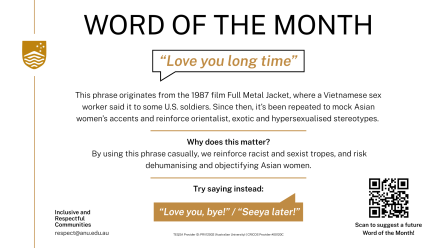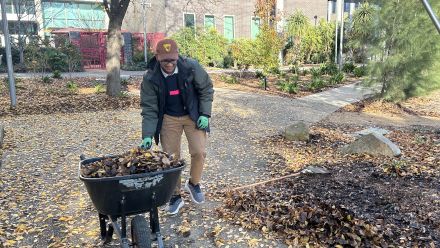Discover ASTUTE (Anxiety Skills Training in University Education): A New Program to Help University Students Tackle Social Anxiety
Social anxiety is a common issue among university students, affecting both their academic and social lives. It can make it difficult to participate in conversations, join group activities, or speak publicly. These challenges can prevent students from fully engaging in university life, forming social connections, and succeeding academically. Moreover, social anxiety can impact their future careers, where communication and teamwork are essential.
To support students with social anxiety, a team of academics and psychologists has developed two versions of a program called ASTUTE (Anxiety Skills Training in University Education):
(1) an in-person group program facilitated by a psychologist, and
(2) an online self-help version of the program with some guidance from a psychologist.
Both versions of the program consist of eight weekly modules and offer cognitive behaviour therapy (CBT) for social anxiety given strong evidence for the effectiveness of this approach.
“We’re looking at two ways to deliver this CBT content: face-to-face group sessions with a psychologist and an online guided self-help format. We can see advantages to both of these approaches, so we’re looking forward to working with students to hear their feedback. Both programs provide participants with the opportunity to learn essential skills for overcoming social anxiety, with the aim of improving their university life and career prospects,” said Professor Elizabeth Rieger.
A pilot version of the ASTUTE program was run in first semester to make sure it is meeting the specific needs of university students with social anxiety. Based on previous research, it is expected that students participating in the program will experience benefits in terms of their social anxiety.
So the ASTUTE team now aims to assess the effectiveness of both ASTUTE formats in reducing social anxiety. Potential participants start with a brief online screening survey to determine if the program is suitable for them. If so, the student then meets with the Program Psychologist, Dr Alison Hassall, for a 30 to 45-minute in-person meeting to further confirm if the ASTUTE program suits their needs.
This research is a step towards better mental health support for university students. By evaluating both in-person and online versions of the ASTUTE program, the team hopes to find the best ways to help students manage social anxiety, improve their university experience and social wellbeing/connections, and prepare them for successful futures.
If you would like to find out more about the program and potentially participate, click here.


